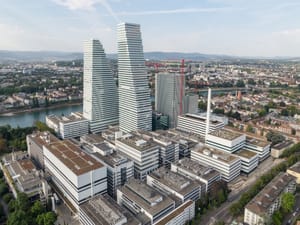Background
Poland has a population of 40 million people and is the fifth-most populous member state of the European Union. It is the largest pharmaceutical market in Central and Eastern Europe (CEE). The pharmaceutical industry in Poland, with a focus on generics, biologics, and over-the-counter medications, is a significant contributor to the healthcare sector, with revenues of $10.0 billion (€9.3 billion/ £7.9 billion) for pharmaceuticals in 2021. By comparison, medical devices generated $4.8 billion (€4.5 billion/ £3.8 billion) that same year.
In an ambitious move to enhance the sector's competitiveness on a global stage, the Polish government unveiled its Governmental Development Plan for the Biomedical Sector covering 2022–2031. This strategic initiative aims to catalyse innovation, streamline reforms, offer financing programmes, and nurture an investor-friendly environment. The Medical Research Agency (MRA) plays a critical role in this plan, providing substantial grants for research to bolster domestic production of generic and biosimilar medicines.
Poland has attracted investment from large international companies and they provide a wide range of employment opportunities. At the time of writing the following companies had open positions in Warsaw: Abbott Laboratories, AstraZeneca, GSK, Icon, IQVIA, Pfizer, MSD, Novartis and Roche.
Warsaw, a vibrant city
Warsaw, the heart of Poland's pharma industry, is a vibrant city with a population of 1.9 million, including nearly 255,000 university students. It's not only the capital's demographic vitality but also its strategic location along the Vistula River and its rich educational infrastructure that positions it as a premier hub for pharmaceutical and clinical research.





